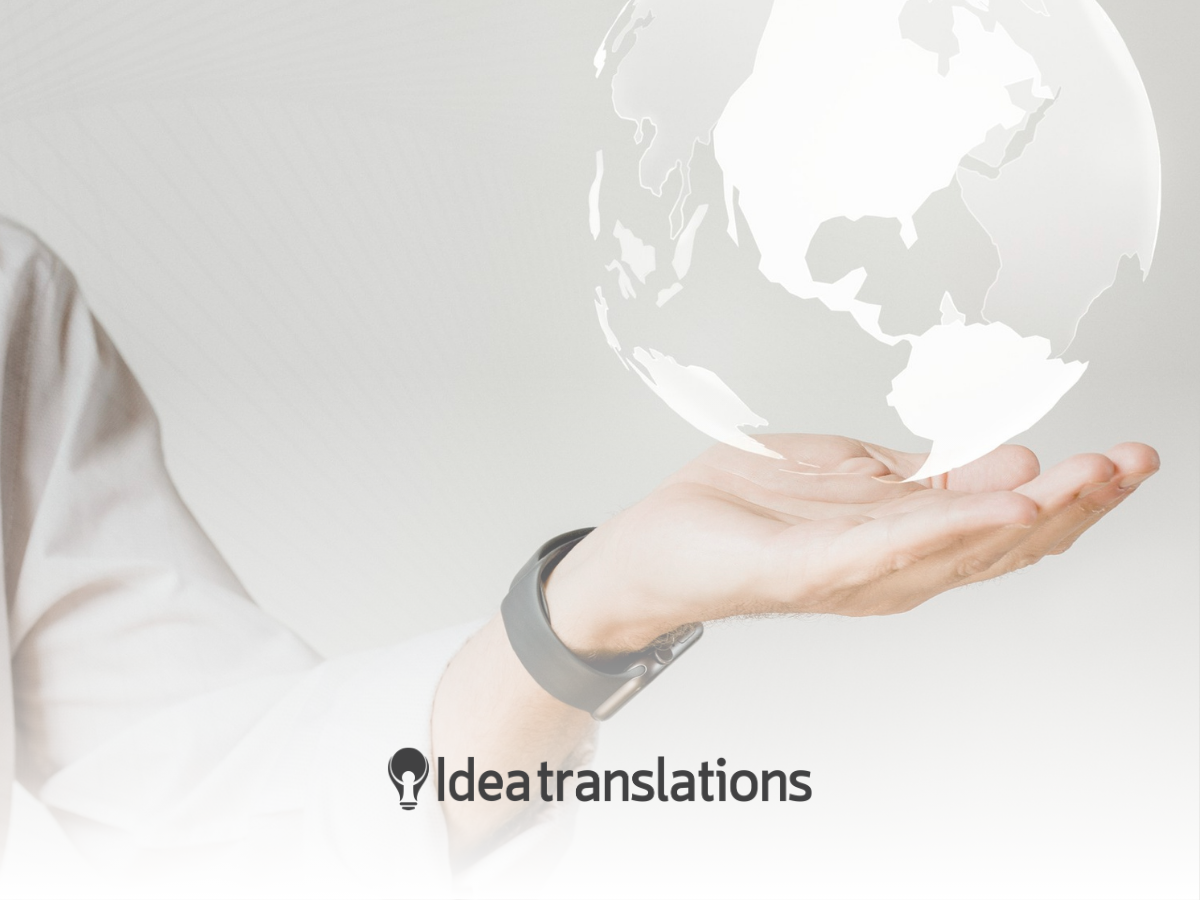
The Pros and Cons of Globalization in Today’s World
Globalization. It’s the word that makes some hearts race with excitement… and others beat a little faster out of anxiety. From your morning coffee sourced in Colombia, to Zoom meetings with teams across the globe, globalization has become a huge part of how we live, work, and connect. But is it all sunshine and synergy? 🌍
Let’s dive into the real story—warts and wonders included—of globalization in today’s interconnected world. Spoiler: it’s a mix of opportunities, challenges, and everything in between. And guess what? Language is at the very heart of it all.
The Bright Side: Why Globalization Rocks
1. Access to Global Markets
Businesses—big or small—can now reach customers all over the world. A startup in Argentina can sell to clients in Germany. A brand in Japan can build loyal fans in the U.S. The potential for growth is mind-blowing.
And here’s where translation and localization step into the spotlight. To truly connect with global audiences, you need more than just Google Translate. You need cultural fluency, technical accuracy, and nuance.
2. Knowledge Without Borders
Scientific discoveries, tech innovation, healthcare breakthroughs—when knowledge travels faster than ever, everyone benefits. We’re living in a golden age of cross-border collaboration in education, science, and medicine.
But here’s the catch: most of that knowledge is created in one language… and the world speaks thousands. That’s why scientific and technical translation is so crucial.
3. More Diversity, More Ideas
Globalization helps bring diverse voices to the table—literally and figuratively. When teams are international, the creative potential skyrockets. Cultures blend, perspectives expand, and innovation thrives.
But diverse teams only work if everyone understands each other. Multilingual communication ensures that ideas flow freely, not get stuck in translation.
The Not-So-Great Stuff: Where Globalization Gets Messy
1. Cultural Erosion
When one culture dominates global media and commerce, others risk being drowned out. Language loss, cultural flattening, and homogenization can happen fast if we’re not careful. That’s why respecting and preserving cultural identity is one of our core values at Idea Translations. Every word we translate is a step toward honoring diversity, not erasing it.
2. Economic Inequality
While globalization has opened new markets, it hasn’t always distributed the wealth evenly. Some regions benefit more than others. Some voices are louder. Some get left behind. So what’s the solution? Equal access to opportunity—and that starts with equal access to information. Whether it’s healthcare, education, or legal rights, language access is power.
3. Information Overload (and Misunderstanding)
With so much information flying across the globe, the risk of miscommunication grows. Mistranslated medical terms? Legal misunderstandings? Marketing campaigns gone hilariously wrong (or worse)? It happens more often than you’d think. That’s why professional translation is more than just swapping words. It’s about building trust, clarity, and connection across borders.
So… Is Globalization Good or Bad?
Like most things in life—it’s complicated. Globalization isn’t a villain or a hero. It’s a powerful force that can either unite or divide, depending on how we use it.
Globalization is here to stay, reshaping how we live, work, and connect with one another. By engaging with its complexities, acknowledging both opportunity and risk, and making thoughtful choices, individuals and societies can help ensure the benefits of globalization reach more people while minimizing its downsides.
At Idea Translations, we believe in using globalization for good. We help businesses, organizations, and changemakers connect with the world—accurately, respectfully, and authentically. Because at the end of the day, the world feels a little smaller (and a lot friendlier) when we truly understand each other.
Need help navigating the global landscape with confidence and clarity? From highly specialized scientific content to culturally adapted marketing materials, we’ve got your back—in every language you need.
Let’s get in touch! Or just swing by our blog for more global insights.



